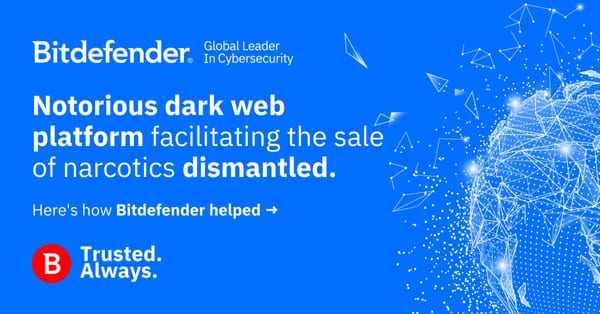Surveillance as a business model and the sacrifice of privacy

Companies are investing billions in the internet of things, innovation and user experience to satisfy consumers” wildest imagination. Public transportation infrastructures, traffic and weather sensors, fitness wristbands and medical gadgets that help patients with dementia are only a few of the connected devices that are laying the bricks for our future as a networked society.
But technological perks might just be the demise of privacy. By 2020, retail spending on IoT technology is estimated to reach $2.5 billion in hardware and installation, especially in Bluetooth Beacons and RFID tags. Through smartphones, manufacturers will track user activity in real time, to later monetize the big data through software analytics and, they claim, build better products for customer retention. Yet because their products are not designed with security in mind, numerous data breaches have fueled a burgeoning black market in private information.
Approximately EUR 50 billion are now in open source data, according to Marta Nagy-Rothengass, Head of Data Policy and Innovation Unit, DG CONNECT, European Commission, who took the WebSummit stage to discuss the most recent EU-US open data joint project. Businesses, research institutes and governments keep pushing for the inclusion of big data analytics in their strategies and pressure regulators to get rid of data sharing borders. Under the European privacy law, the collection of private information is legal only under specific conditions. As of May 2018, the European data protection law, which empowers citizens to regain control of their data, will be applied across EU member states.
Privacy risks associated with big data collection raise concerns among citizens because there is no clear ownership policy to carefully regulate who uses the data and how. Collecting data every second to later monetize is not a sustainable business model, said Helen Dixon, Data Protection Commissioner for Ireland, although this has become a popular approach among tech companies, especially in IoT.
In view of the Digital Economy Bill introduced in July, British citizens have taken to the streets to voice concerns about government surveillance. More countries will likely follow, as our digital footprints are no longer our own. Governments not only want access to all the information collected, but they believe they are entitled to it. This affects our civil liberties because we are no longer the owners of our data.
Regulators need to be clear about how the information will be used and for how long it will be stored in the database, if that”s the case. Citizens need to fight governments” requests for information because the reality of living in a surveillance state is closer than we think, Cindy Cohn, a civil liberties lawyer and Executive Director of the Electronic Frontier Foundation, explained on the WebSummit stage.
There are still countries whose citizens are unaware of their rights when it comes to online privacy and unknowingly sustain surveillance as a business model strategy.
“The words “data protection” don”t mean much to people. But when they hear about a case where a GP sends a person”s entire 40-year medical file to an insurance company and they only should have sent details of their knee injury, then they start to understand,” Cohn pointed out in an interview about the privacy challenge in Europe.
Technology advancement takes its inevitable course, but privacy is the dear price we have to pay. Sure some regulations exist and more will follow, but they still allow the collection of data, although for legitimate purposes. Governments are most likely not the go-to for cybersecurity and privacy, so it”s up to us to know our rights and demand standards that allow us to make choices with regards to our data.
tags
Author
After having addressed topics such as NFC, startups, and tech innovation, she has now shifted focus to internet security, with a keen interest in smart homes and IoT threats.
View all postsRight now Top posts
Torrents with Pirated TV Shows Used to Push Lumma Stealer Malware
November 14, 2024
What Key Cyberthreats Do Small Businesses Face?
September 06, 2024
FOLLOW US ON SOCIAL MEDIA
You might also like
Bookmarks








